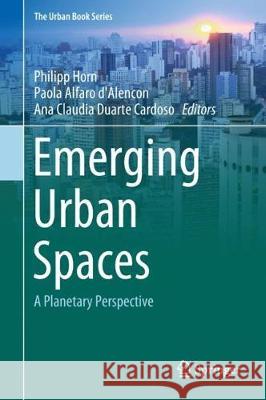Emerging Urban Spaces: A Planetary Perspective » książka
topmenu
Emerging Urban Spaces: A Planetary Perspective
ISBN-13: 9783319578156 / Angielski / Twarda / 2018 / 219 str.
Kategorie BISAC:
Wydawca:
Springer
Seria wydawnicza:
Język:
Angielski
ISBN-13:
9783319578156
Rok wydania:
2018
Wydanie:
2018
Numer serii:
000789133
Ilość stron:
219
Waga:
5.15 kg
Wymiary:
23.5 x 15.5
Oprawa:
Twarda
Wolumenów:
01











